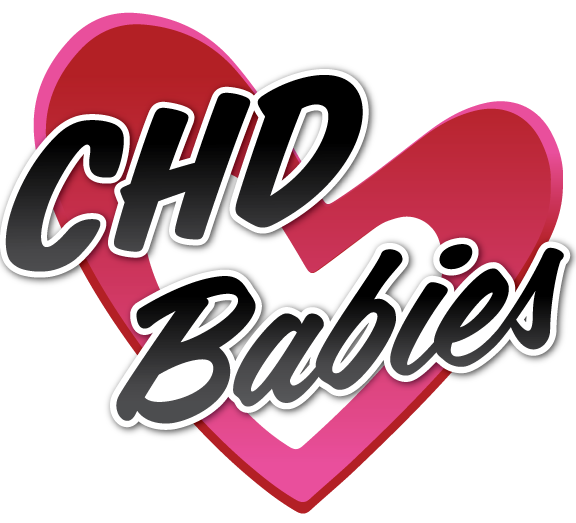Before prescribing stimulants, like Ritalin, for children diagnosed with attention deficit hyperactivity disorder (ADHD), doctors are now being advised to order an electrocardiogram (ECG or EKG) to make sure that kids are not at risk for heart problems related to taking these commonly recommended ADHD drugs.
The American Heart Association (AHA) now says that although stimulant drugs’ side effects (like increased heart rate and blood pressure) are “usually insignificant,” kids diagnosed with ADHD should get an ECG before starting stimulants — just to be on the safe side.
In kids who are to be treated with stimulant medications it’s particularly important to rule out heart problems, including some that might not be found during a routine physical exam, says the AHA. In some of these situations, children may not show any obvious symptoms of heart disease.
The organization points to information from the U.S. Food and Drug Administration (FDA) showing that from 1999 to 2004, 19 kids taking ADHD medications suddenly died and 26 had cardiovascular problems like cardiac arrests, strokes, and heart palpitations.
By measuring the heart’s electrical activity to help evaluate its function and identify problems, an ECG can determine the rate and rhythm of heartbeat, the size and position of the heart’s chambers, and whether certain types of heart abnormalities are present, such as:
- abnormal heart rhythms (that could lead to sudden cardiac death)
- certain congenital heart defects
- heart tissue that isn’t getting enough oxygen
The AHA’s new recommendations also call for ECGs for kids with ADHD who are already taking stimulants. If the ECG does show an abnormality in any child with ADHD, the AHA recommends that the child be referred to a pediatric cardiologist (a kids’ heart doctor), who can regularly monitor the child’s heart health with blood pressure checks and routine follow-ups.
However, the new recommendations should not prevent children with ADHD from getting the treatment they need, says the organization.
Source: AHA and Kids Health, April 21, 2008
